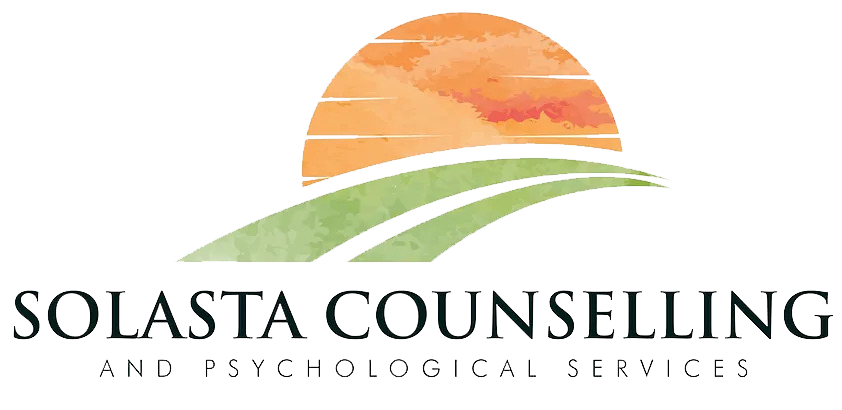Depression Counselling Calgary
Compassionate, evidence-based treatment to manage symptoms, build resilience, and regain joy. Let us support you in finding relief and living a fulfilling life.

What is Depression and How Can Therapy Help?
Depression is a mood disorder that can cause persistent feelings of sadness, emptiness, and a loss of interest in activities once enjoyed. Symptoms can range from mild to severe, and may include fatigue, difficulty concentrating, feelings of guilt or worthlessness, changes in sleep and appetite, and thoughts of death or suicide. “Is depression just about feeling sad?” No, depression is a complex condition that can impact emotional, physical, and cognitive functioning.
Therapy offers a supportive environment to address these symptoms, uncover the underlying causes, and work toward long-term recovery.
Why Should I Seek Therapy for Depression?
Therapy helps individuals with depression understand their thoughts and behaviours, develop healthy coping strategies, and challenge negative patterns that contribute to their mood.
Through various therapeutic techniques, therapy can help you regain a sense of hope and build the skills necessary to manage depression.

Types of Depression We Address
At Solasta, we specialize in treating various forms of depression, tailoring our approach to meet your unique needs.

Our therapists are experienced in helping individuals manage the specific challenges associated with each type of depression. Some of the common forms of depression we address include major depression, persistent depressive disorder, and seasonal affective disorder.
No matter the type, we provide compassionate care and effective treatment strategies.
Major Depressive Disorder (MDD)
Major depression is characterized by prolonged periods of sadness, hopelessness, and a loss of interest in activities.
“How can therapy help with major depression?”
Therapy helps individuals identify negative thinking patterns, build emotional resilience, and develop practical coping strategies to manage symptoms.
Persistent Depressive Disorder (Dysthymia)
Dysthymia is a chronic form of depression where symptoms persist for at least two years or more.
“How is dysthymia different from major depression?”
Dysthymia involves less severe, but long-lasting symptoms of depression that can interfere with day-to-day life. Therapy helps individuals manage their symptoms and improve their overall well-being.
Seasonal Affective Disorder (SAD)
Seasonal affective disorder is a form of depression that typically occurs during the winter months when there is less natural sunlight.
“How can therapy help with seasonal depression?”
Light therapy and cognitive-behavioral therapy (CBT) are commonly used to help individuals manage SAD and address the seasonal fluctuations in mood.
Postpartum Depression (PPD)
Postpartum depression affects new mothers after childbirth and is characterized by intense sadness, anxiety, and difficulty bonding with the baby.
“How is postpartum depression different from baby blues?”
While baby blues are common and temporary, postpartum depression can be more severe and long-lasting. Therapy helps mothers cope with these intense emotions and navigate the challenges of early motherhood.
Depression with Co-occurring Disorders
Many people with depression also struggle with other mental health conditions, such as anxiety or substance use disorders.
“Can therapy help if I have depression and anxiety?”
Yes, therapy can address multiple conditions simultaneously, providing a comprehensive approach to managing symptoms and improving overall well-being.
Benefits of Depression Counselling Calgary
Depression therapy offers a wide range of benefits, helping individuals improve their mental health, restore their sense of purpose, and build resilience.

Reducing Symptoms of Depression
Therapy provides tools to reduce the intensity and frequency of depressive symptoms, including feelings of sadness, hopelessness, and fatigue.
“How can therapy help me feel better?”
Therapists work with you to develop a personalized treatment plan that may include cognitive restructuring, behavioural activation, and mindfulness techniques to alleviate depression.
Improving Self-Esteem and Confidence
Depression often leads to feelings of worthlessness and low self-esteem.
“How can therapy improve my self-esteem?”
Therapy helps individuals challenge negative beliefs, rebuild self-confidence, and restore a sense of self-worth.
Building Coping Strategies
Therapy teaches individuals effective coping strategies to manage stress, overcome negative thought patterns, and cope with triggers.
“What strategies will I learn to manage my depression?”
Cognitive-behavioral therapy and mindfulness-based approaches can help individuals manage their emotions and improve their quality of life.
Understanding and Addressing Root Causes
Many people with depression experience underlying causes such as trauma, unresolved grief, or chronic stress.
“How can therapy help me understand the cause of my depression?”
Therapy helps uncover these root causes and work through them, reducing the likelihood of relapse and promoting long-term healing.
Improving Relationships
Depression can strain relationships with friends, family, and partners.
“Can therapy help me improve my relationships?”
Yes, therapy can help individuals develop healthier communication patterns, rebuild trust, and strengthen connections with loved ones.
Developing Emotional Resilience
Therapy helps individuals develop the emotional resilience needed to face life’s challenges without being overwhelmed by depression.
“How can therapy help me handle life’s difficulties better?”
By learning coping mechanisms, improving emotional regulation, and addressing negative thought patterns, therapy builds resilience to life’s ups and downs.
What to Expect During Depression Counselling
At Solasta, we take a compassionate, client-centered approach to depression therapy in Calgary. Our therapists work closely with you to develop a treatment plan tailored to your needs. Here’s what you can expect.

Comprehensive Assessment and Personalized Treatment
Therapy begins with a thorough assessment of your symptoms and emotional health.
“How will therapy be tailored to me?”
Your therapist will develop a personalized treatment plan that takes into account your unique experiences and challenges with depression.
Evidence-Based Therapies
We use evidence-based therapies such as Cognitive Behavioral Therapy, Mindfulness-Based Cognitive Therapy (MBCT), and Interpersonal Therapy (IPT) to help you manage depression.
“What types of therapy will I experience?”
These therapeutic approaches are proven to be effective in treating depression by addressing thought patterns, emotional regulation, and interpersonal relationships.
A Safe, Non-Judgemental Space
We provide a safe, confidential space where you can feel comfortable sharing your struggles and working through difficult emotions.
“Is therapy a judgement-free space?”
Yes, our therapists create a supportive environment to help you express your feelings without fear of judgement.
Common Questions About Depression Therapy
It’s normal to wonder if therapy is the right step for you, and how long it will take to feel better. Here, we address some of the most common questions about depression therapy.

How Do I Know if I Need Therapy for Depression?
If you have been experiencing persistent feelings of sadness, hopelessness, or loss of interest in things you once enjoyed, therapy can be beneficial.
“What are the signs I need help with my depression?”
If your symptoms are interfering with your daily life, relationships, or work, therapy is a good option to help manage and alleviate these feelings.
Can Therapy Really Help With Depression?
Yes, therapy can be very effective in treating depression.
“How long does it take to feel better?”
Many people begin to feel better after a few sessions, but recovery from depression is a gradual process. Your therapist will work with you to set realistic goals and timelines for recovery.
How Do I Know if I Need Medication for My Depression?
In some cases, medication may be necessary to manage depression symptoms, especially if they are severe or persistent.
“Should I consider medication?”
Your therapist can help you explore whether medication is appropriate, but it’s important to consult with a healthcare professional to discuss your options.
Can Therapy Help if I’ve Been Depressed for a Long Time?
Yes, therapy can help individuals with long-term depression.
“How long does it take to treat chronic depression?”
While chronic depression may take longer to treat, therapy can provide significant relief and help you develop strategies to manage symptoms over the long term.
What if I’m Feeling Hopeless and Don’t Think Therapy Will Work?
Feeling hopeless is a common experience for people with depression, but therapy can help challenge those feelings.
“How can therapy help when I feel like nothing will work?”
A therapist can help you identify and work through those feelings of hopelessness and help you develop strategies to regain hope and motivation.

Why Choose Solasta for Depression Counselling in Calgary?
Whether you’re facing major depression, chronic sadness, or postpartum depression, we’re here to help.
Calgary Counselling and Psychology Services
Our Calgary psychologists have a wide range of experience and expertise in understanding the unique needs of our clients and helping you reach your therapy goals.
CAP
All of our psychologists are registered with the College of Alberta Psychologist.
PAA
Many of our psychologists are members of the Psychology Association of Alberta.
CCPA
Many of our psychologists are members of the Canadian Counselling and Psychotherapy Association.
Therapists Specializing in Depression Therapy
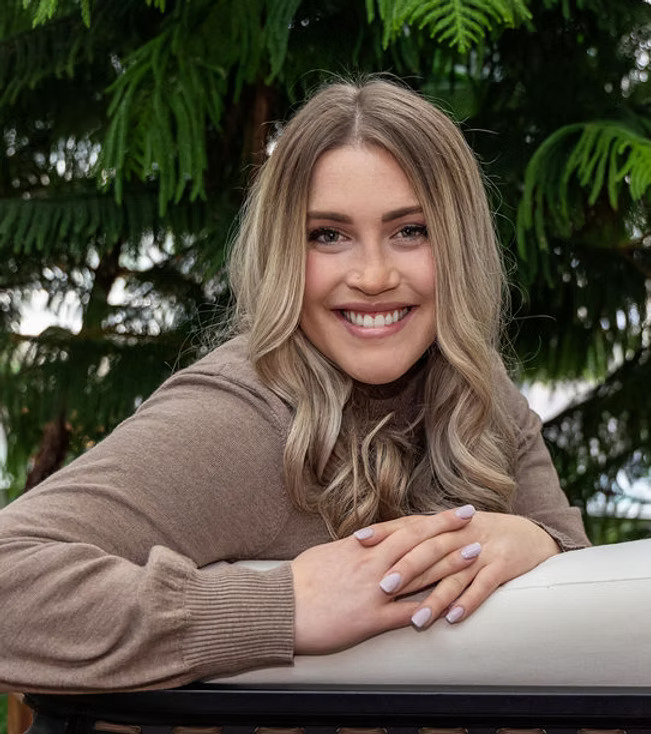
Only

Only

Only
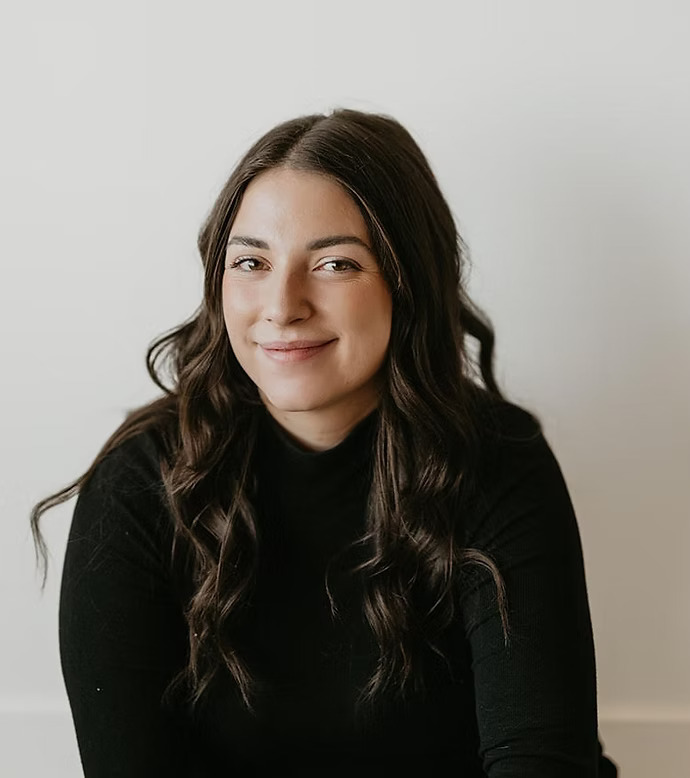
Only

Only

Only

Only

Only

Only

Only

Only

Only

Only

Only

Only

Only
FAQs
What type of counselling is best for depression?
Different types of counselling can help with depression, including Cognitive Behavioural Therapy (CBT), Emotion-Focused Therapy (EFT), and Interpersonal Therapy (IPT). The “best” type depends on your unique needs, goals, and preferences. A therapist will work with you to create a plan that fits your situation and helps you feel supported.
Does counselling actually help with depression?
Yes. Research shows that counselling can reduce symptoms of depression and improve overall well-being. Talking with a therapist provides tools to manage negative thought patterns, process emotions, and build healthier coping strategies. Many people find that therapy offers relief and lasting improvements in mood and daily functioning.
How do I start counselling for depression in Calgary?
You can begin by contacting a counselling clinic directly and booking an appointment—no referral is needed. Many clinics, including ours, offer free consultations so you can ask questions and see if therapy feels like the right fit. Some extended health benefits also cover counselling sessions, which can make starting easier.
Should I go to therapy if I feel depressed?
If you are experiencing ongoing sadness, loss of interest, low energy, or difficulty managing daily life, therapy can help. You don’t need to wait until things feel “bad enough” to reach out. Counselling provides support and strategies that can make a meaningful difference at any stage of depression.
What are common triggers for depression?
Depression can be triggered by many factors, such as major life changes, stress, loss, trauma, or even genetics and brain chemistry. Everyone’s experience is unique. Counselling can help you identify your personal triggers and develop strategies to reduce their impact and strengthen resilience.
We’re Located in Calgary, Alberta
We provide counselling and psychological services in-person in Calgary and online counselling throughout Alberta.
Suite 200, 1716 16 Ave NW, Calgary AB
*free parking behind the building
Our Calgary Office Space
Our thoughtfully designed counselling spaces are crafted to create a warm, welcoming environment where you can feel completely at ease.
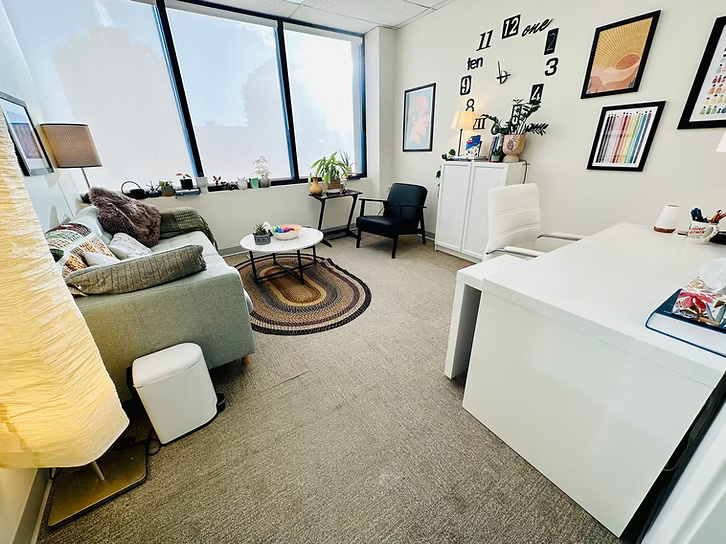



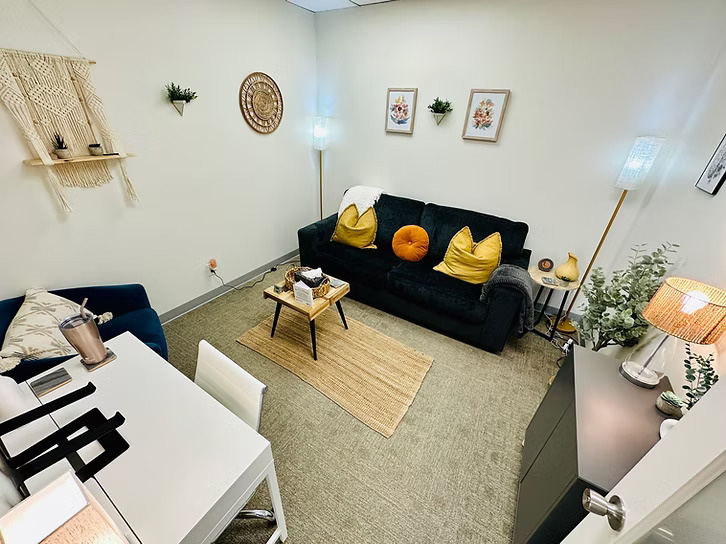

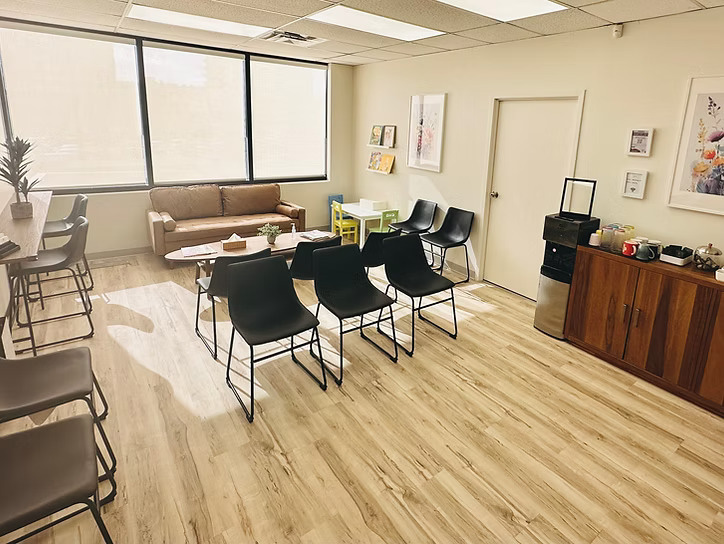
Get Started With Solasta in Three Easy Steps
Find Your Therapist
Book Online
Choose a date and time that fits your schedule and receive instant confirmation of your appointment.
In-person or Online
Visit our welcoming Calgary office or meet with your therapist online from the comfort of your home.
